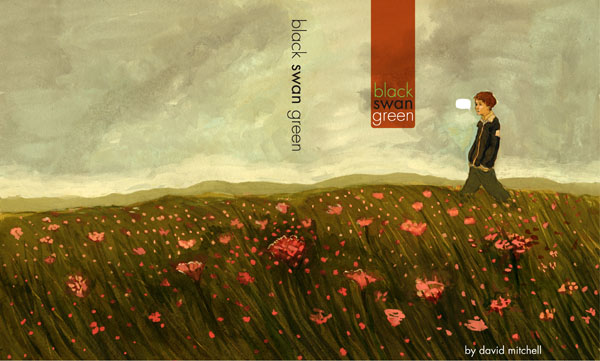Today, NCAC was joined by the American Booksellers Foundation For Free Expression (ABFFE), the Association of American Publishers (AAP), the Comic Book Legal Defense Fund (CBLDF), the National Council of Teachers of English (NCTE), the American Library Association’s Office for Intellectual Freedom (ALA), and PEN America in a letter sent to the Kings Canyon Unified School District in Reedley, CA. In the letter, the signatories expressed dismay over the handling of a recent controversy over the use of David Mitchell’s Black Swan Green (2006) in Reedley High School’s 9th grade English classrooms.
The controversy began earlier in the school year when one parent, representing a larger chorus of community members, filed a formal complaint against the book to the school board. The complaint claimed that the book was, by turns, “pornographic” and “blasphemous”. The earmarked passages that the parent deemed objectionable were not part of the two excerpts students had to read in classrooms. In the process of assembling a review committee, the school board ordered the teacher to stop using the book in classrooms – a move that the letter’s signatories called “premature and disruptive” to the curriculum.
“During [the review] process, it is essential that the challenged book not be removed from classrooms,” the letter states. Abiding by such rules would “avoid unnecessary disruption to the school curriculum.” Such interruptions would, in essence, threaten the educational experience of students.
After careful review, the review committee determined that the book met district educational standards, though they decided that it not be taught this year because it would be out-of-sequence with the rest of the curriculum. Recent press reports indicated that many parents, disgruntled with the book’s use in classrooms, perceived the decision as a victory.
In the letter, signatories argue that the review process, as it stands, automatically rewards the desires of complainants, implying that “those who object to materials may reasonably believe that the mere act of filing a complaint will remove the material at least temporarily.” As such, the letter recommends that the school district would best serve its students if it strengthened its review policy. This would ensure that challenged books would not be removed from classrooms preceding a formal review process.


